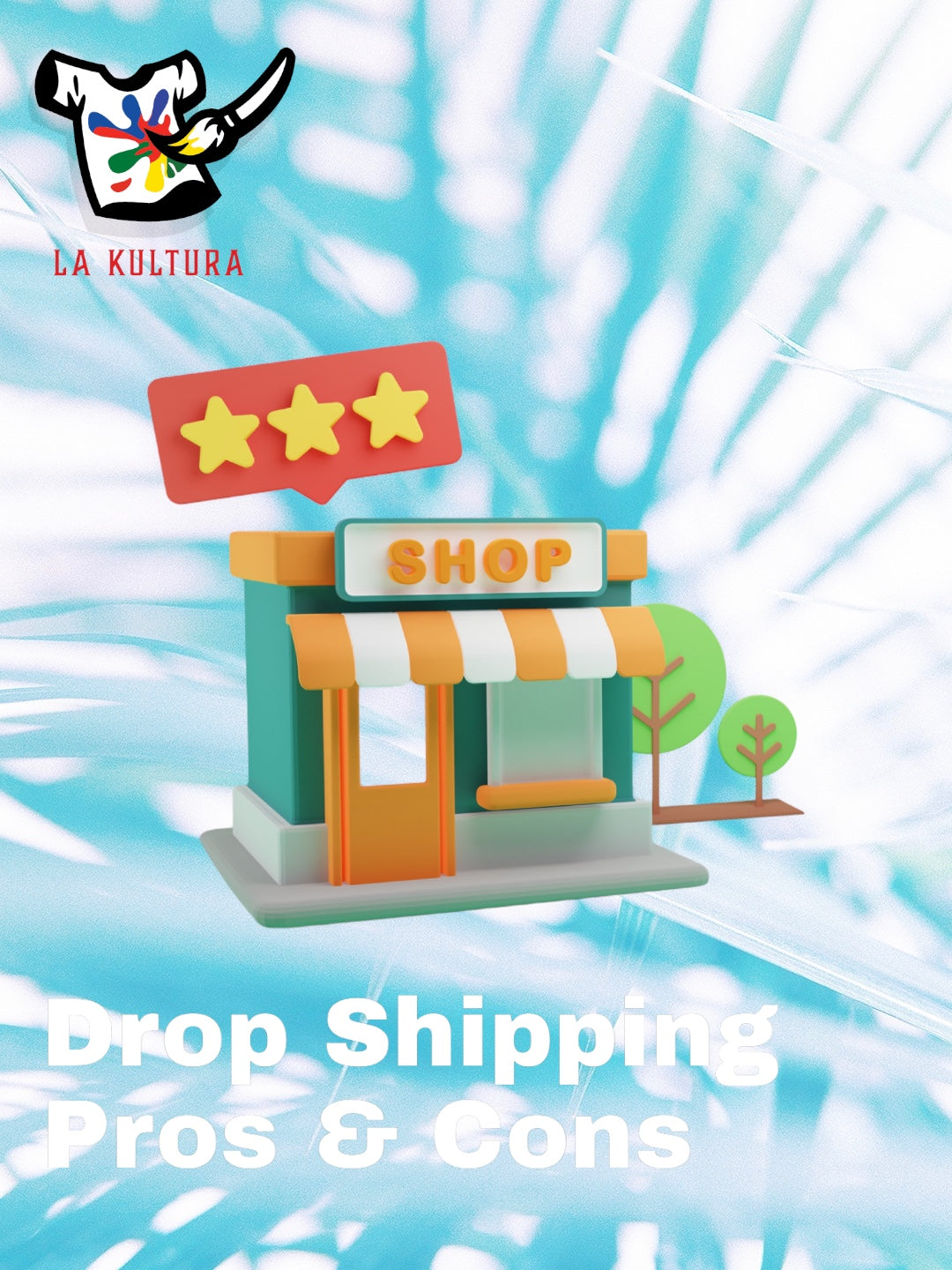
Drop Shipping Pros & Cons
Share
Drop Shipping Pros and Cons
Drop shipping is a business model that has been gaining popularity over the past few years. It allows entrepreneurs to start an online store without having to hold inventory or manage a warehouse. Instead, they rely on a supplier to ship products directly to their customers. While this business model offers many benefits, it also comes with its own set of drawbacks. In this blog post, we'll explore the pros and cons of drop shipping.
Pros of Drop Shipping:
-
Low Startup Costs: Drop shipping requires minimal upfront investment compared to traditional retail models. You don't have to purchase inventory or manage a warehouse, which reduces the cost of starting a business. You only need to pay for the website design, marketing, and advertising costs.
-
No Inventory Management: As a drop shipper, you don't have to worry about the storage and management of inventory. This frees up your time and resources to focus on other aspects of your business, such as marketing and customer service.
-
Wide Product Selection: Drop shipping allows you to offer a wide range of products without having to purchase them upfront. You can easily add new products to your store as they become available from your supplier.
-
Flexibility: Drop shipping is a flexible business model that allows you to work from anywhere in the world. You can run your business from home, a co-working space, or even while traveling.
-
Reduced Risk: Since you don't have to purchase inventory upfront, drop shipping reduces the risk of unsold inventory. You only pay for the products once your customers have placed an order, which reduces the risk of losing money.
Cons of Drop Shipping:
-
Lower Profit Margins: Drop shipping suppliers charge a fee for each product they ship, which reduces your profit margins. You'll need to factor this into your pricing strategy to ensure you make a profit.
-
Limited Control: As a drop shipper, you have limited control over the shipping process. If a product is out of stock or delayed, it's the supplier's responsibility to communicate this to your customers.
-
Shipping Delays: Drop shipping relies on the supplier to ship the products, which can lead to shipping delays. This can result in unhappy customers and a negative impact on your business reputation.
-
Supplier Reliability: Your business is dependent on the reliability of your supplier. If they fail to deliver quality products or have shipping issues, it can reflect poorly on your business.
-
Increased Competition: Drop shipping has a low barrier to entry, which means there is a lot of competition in the market. You'll need to differentiate your products and marketing strategy to stand out from the competition.
Conclusion:
Drop shipping can be an excellent business model for entrepreneurs looking to start an online store with low startup costs and no inventory management. However, it's important to consider the drawbacks, such as lower profit margins, limited control, and shipping delays. By understanding the pros and cons of drop shipping, you can make an informed decision about whether it's the right business model for you.
